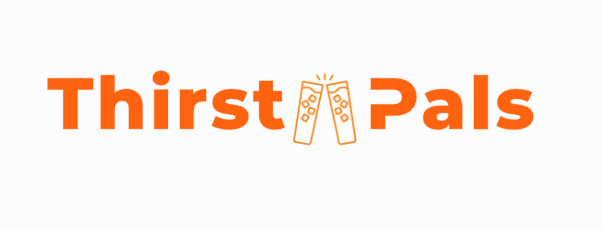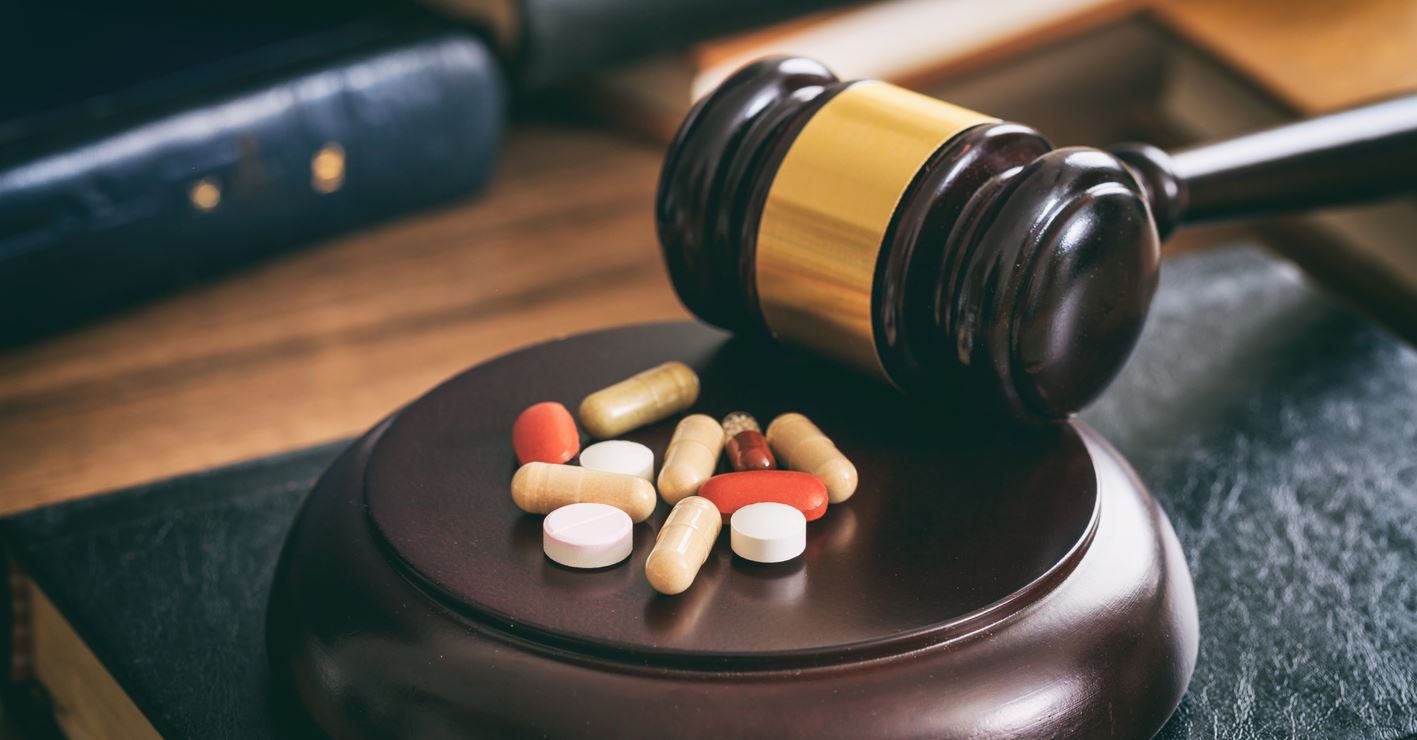The Best Fluffy Pancakes recipe you will fall in love with. Full of tips and tricks to help you make the best pancakes.
Drug-related offenses in Utah, like in many other states, are taken very seriously by law enforcement. The state has stringent laws governing drug possession and distribution of drugs, and violating these laws can lead to severe penalties, including jail time, heavy fines, and long-term damage to one’s criminal record. If you’re facing drug crime charges in Utah, it’s crucial to understand the penalties you might face and the possible defenses available to challenge the charges.
In this article, we will explore the penalties for drug crimes in Utah, plausible legal defenses, and other important aspects of how these cases are prosecuted and handled.
Utah’s Drug Laws: An Overview
Utah’s drug laws encompass a wide range of offenses, including drug possession, trafficking, and distribution. The type of drug, the quantity involved, and the circumstances surrounding the case will significantly impact the penalties. In Utah, drugs are classified into “Schedules” according to the severity of their danger and potential for abuse:
- Schedule I Drugs: These are considered the most dangerous with a high potential for abuse and no accepted medical use. Examples include heroin and ecstasy.
- Schedule II Drugs: These also have a high potential for abuse but have some accepted medical uses. Examples include cocaine, methamphetamine, and prescription opioids.
- Schedule III-V Drugs: These drugs have lower potential for abuse and are often used for medical purposes. Examples include anabolic steroids, ketamine, and certain prescription medications.
Penalties for drug crimes vary based on which schedule the substance falls into, along with the specific crime committed.
Penalties for Drug Possession in Utah
Drug possession is one of the most common drug-related charges in Utah. Under Utah law, possession of a controlled substance can result in either misdemeanor or felony charges, depending on the amount and type of drug.
Misdemeanor Drug Possession
For less severe drugs, like marijuana (under a certain amount), a first offense may result in a Class B Misdemeanor. Penalties for a Class B Misdemeanor may include:
- Up to 6 months in jail
- Fines of up to $1,000
- Mandatory drug treatment or education classes
However, if the offense involves more serious drugs like methamphetamine or cocaine, or if it’s a repeat offense, the charges could escalate to a Class A Misdemeanor, which carries:
- Up to one year in jail
- Fines of up to $2,500
- Probation and mandatory rehabilitation programs
Felony Drug Possession
Possession of larger quantities of controlled substances or repeat offenses can lead to felony charges. A Third-Degree Felony for drug possession may carry the following penalties:
- Up to 5 years in prison
- Fines up to $5,000
- Long-term probation
- Drug treatment programs
In more extreme cases involving significant quantities or highly dangerous drugs, the charges may escalate to a Second-Degree Felony, which can carry:
- 1 to 15 years in prison
- Fines of up to $10,000
- Probation and mandatory substance abuse treatment
Penalties for Drug Distribution in Utah
Drug distribution, trafficking, or sale is treated even more harshly under Utah law. Unlike possession, where the amount of drugs might be small and for personal use, distribution involves transferring drugs to others, often with intent to profit.
Second-Degree Felony for Distribution
The distribution of a controlled substance is typically charged as a Second-Degree Felony, which carries serious penalties:
- 1 to 15 years in prison
- Fines of up to $10,000
- Possible asset forfeiture if it is determined that assets (like vehicles or cash) were acquired through drug-related activities
First-Degree Felony for Aggravated Distribution
If certain aggravating factors are present, such as distributing drugs near schools, parks, or playgrounds, or if a firearm is involved, the charge may be elevated to a First-Degree Felony. Penalties for this offense include:
- 5 years to life in prison
- Fines of up to $10,000
- Long-term parole or probation
Penalties for Fraudulent Drug Prescriptions
In addition to traditional drug crimes like possession and distribution, Utah also punishes individuals who obtain drugs through fraudulent means. This includes forging or altering a prescription, using a fake ID to obtain prescription drugs, or “doctor shopping” (visiting multiple doctors to obtain multiple prescriptions).
Fraudulent drug prescription charges can result in either misdemeanor or felony charges, depending on the circumstances. Penalties may include:
- Jail or prison time
- Substantial fines
- A permanent criminal record, making it difficult to obtain employment, housing, or professional licenses
Plausible Defenses to Drug Crimes in Utah
If you’re facing charges for drug possession or distribution of drugs in Utah, there are several defenses that a skilled attorney can raise on your behalf. These defenses aim to either have the charges reduced or dismissed altogether. Below are some common defenses used in drug crime cases:
1. Illegal Search and Seizure
One of the most powerful defenses against drug charges is based on the Fourth Amendment, which protects citizens from unreasonable searches and seizures. If the police obtained the drugs through an unlawful search, without probable cause or a valid warrant, the evidence may be suppressed. Without the evidence, the prosecution may not have a case.
For example, if the drugs were found in your vehicle during a traffic stop but the police officer did not have a legitimate reason to search the car, your attorney could file a motion to suppress the evidence, potentially leading to the charges being dropped.
2. Lack of Possession or Knowledge
To convict someone of drug possession, the prosecution must prove that the defendant had knowledge of and control over the drugs. If the drugs were found in a shared space, like a car or an apartment, it might be difficult for the prosecution to prove that you knew about the drugs or had control over them.
For example, if drugs were found in a car with multiple occupants, your attorney may argue that the drugs belonged to someone else and that you had no knowledge of their presence.
3. Entrapment
Entrapment occurs when law enforcement officers induce an individual to commit a crime they otherwise would not have committed. If you were coerced or pressured into buying or selling drugs by an undercover officer, your attorney may argue entrapment as a defense. This defense is often difficult to prove but can be successful in certain situations.
4. Prescription Defense
If you are charged with possession of a controlled substance but had a valid prescription for the drug, this can serve as a defense. However, you must provide proof that the prescription was legitimate and that you were legally entitled to possess the drug.
5. Chain of Custody Issues
In drug cases, the prosecution must establish a clear chain of custody for the drug evidence. If the chain of custody is broken, meaning there’s a gap in how the drugs were handled, tested, or stored, it can lead to contamination or tampering. If your attorney can show that the drugs were not properly handled, the evidence may be disqualified from use in court.
6. Drug Diversion Programs
In some cases, rather than fighting the charges in court, it may be possible to avoid jail time through a drug diversion program. These programs are available to first-time, non-violent offenders and typically require the defendant to complete drug education, treatment, or community service in exchange for a reduced sentence or dismissal of the charges.
Utah has several drug courts that focus on rehabilitation rather than punishment for individuals struggling with addiction. These courts offer defendants the chance to avoid incarceration and get their lives back on track through structured programs.
Utah’s Approach to Sentencing and Plea Deals
In Utah, the courts and prosecutors may offer plea deals to those facing drug charges, especially for non-violent offenders. These deals often involve pleading guilty to a lesser offense in exchange for a reduced sentence. While plea deals can help avoid the uncertainty of a trial, it’s important to discuss the potential consequences with your attorney before accepting any offer.
Plea bargains might include:
- Reduced jail or prison time
- Probation instead of incarceration
- Enrollment in a drug treatment program
- Reduction of felony charges to misdemeanors
However, taking a plea deal still results in a criminal record, which can impact your ability to secure employment or housing in the future.
Conclusion
Drug crimes in Utah, including drug possession and distribution of drugs, carry severe penalties that can have life-altering consequences. Understanding the possible penalties and available defenses is essential if you or a loved one is facing such charges. From unlawful searches to prescription defenses and drug diversion programs, several legal strategies can be employed to defend against drug-related charges in Utah.
Given the complexity of Utah drug laws, it’s essential to consult with a skilled defense attorney who is experienced in handling these types of cases. A well-planned defense can significantly impact the outcome of your case and potentially help you avoid the harshest penalties.
If you are facing drug crime charges in Utah, it is strongly recommended to work with an experienced legal team like Gravis Law, which specializes in criminal defense. They understand Utah’s drug laws inside and out and can guide you through the legal process with a tailored strategy designed to protect your rights.
With the right legal representation, such as Gravis Law, your chances of receiving a favorable outcome can greatly improve, whether you’re facing a





